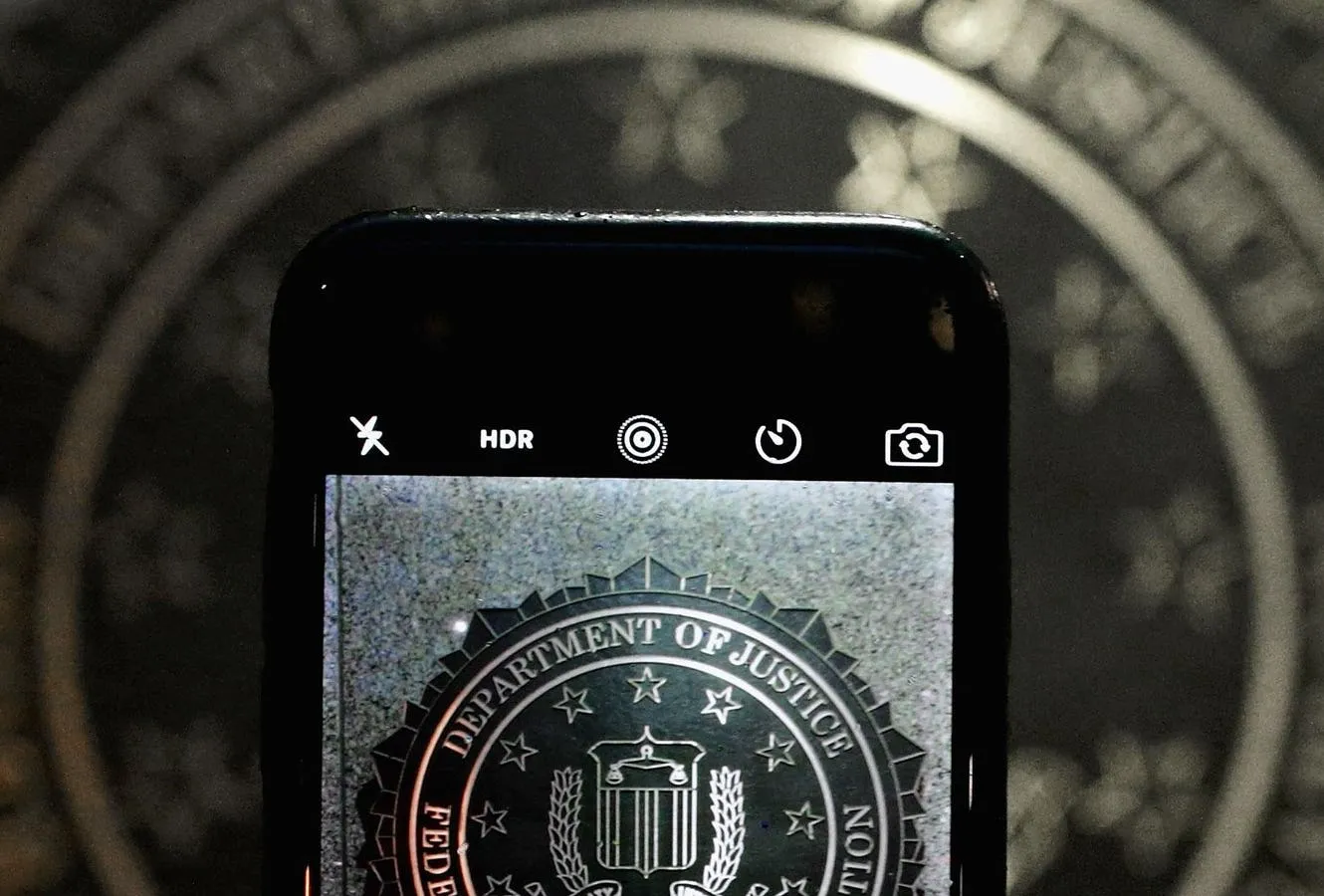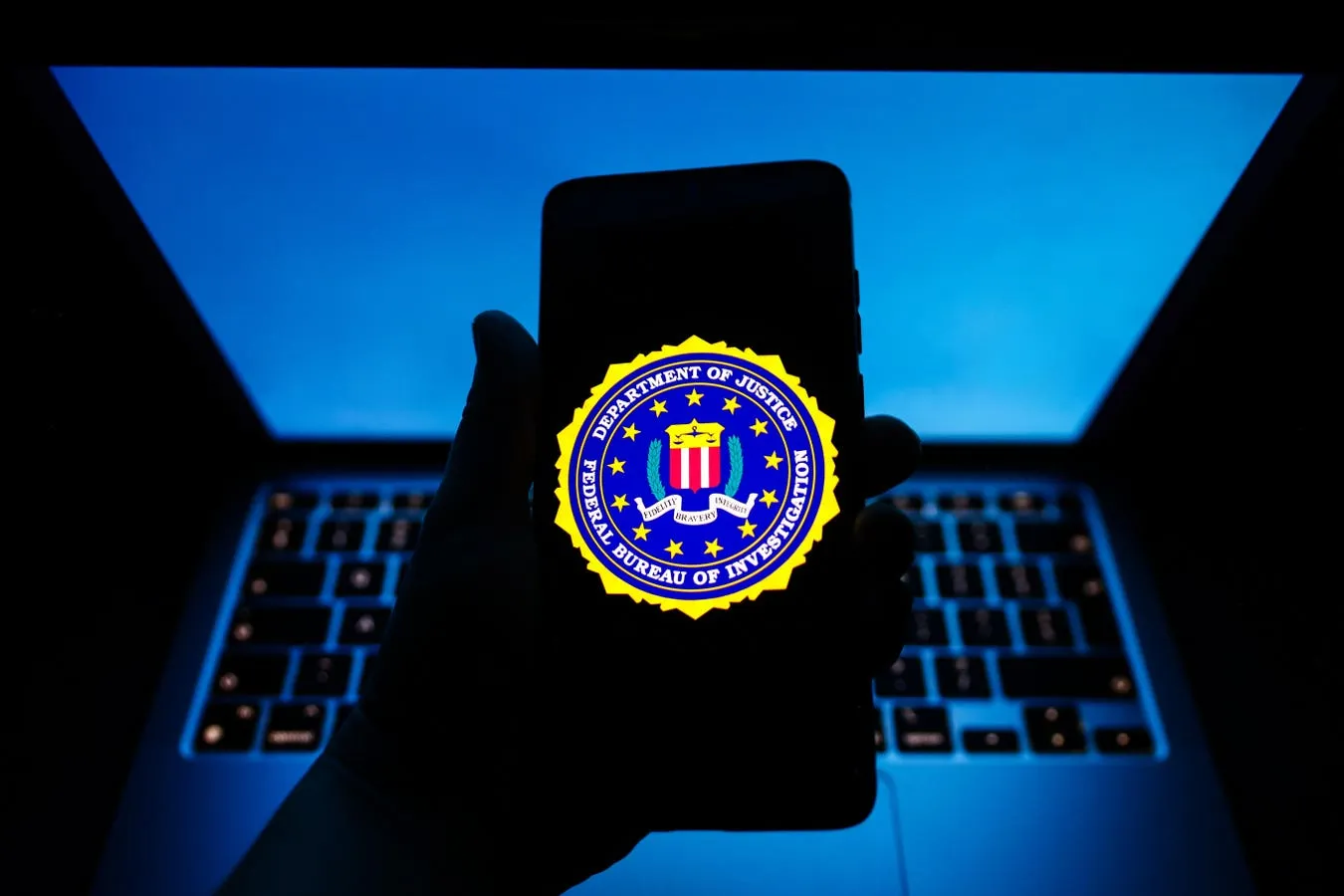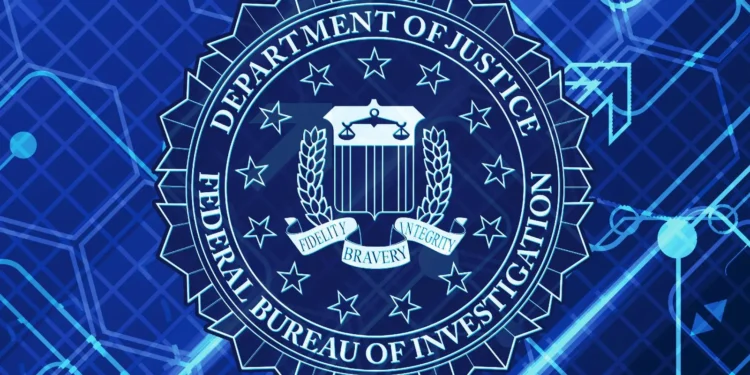In an alarming development that has rocked the mobile communication world, the FBI has issued a stark warning to both Android and iPhone users: halt text communications. This unprecedented directive comes in the wake of a massive security breach linked to Chinese state-sponsored hackers who have been actively infiltrating U.S. networks. The breach involved extensive harvesting of user call and text metadata, and in some instances, content as well, casting serious doubts over the security of mobile communications.

The Promise of End-to-End Encryption
The timing of the FBI’s warning coincides with the recent update to iPhone messaging systems that introduced Rich Communication Services (RCS) to over a billion Apple users. This upgrade, which was initially celebrated for enhancing multimedia sharing across different platforms—no more blurry photos, as Google remarked—has quickly been overshadowed by glaring security concerns.
Despite the initial optimism, the RCS platform has been critiqued for its security flaws, which were pointed out during its integration into Apple’s infrastructure. The FBI’s advisory has underscored these vulnerabilities, bringing them to the forefront of mobile user concerns.
The Industry’s Reaction and Future Steps
In response to these escalating security fears, an end-to-end encrypted update for RCS was promised. However, this much-anticipated security enhancement appears to be on a slow track, with a GSMA spokesperson revealing that while progress with key industry stakeholders is ongoing, a substantial update isn’t expected in the immediate future. This delay places millions of Android and iPhone users in a precarious position as they search for more secure communication alternatives.

As the mobile industry grapples with this security challenge, Google has affirmed its commitment to introducing end-to-end encryption for RCS chats as swiftly as possible, recognizing it as a “critical component of secure messaging.” The path to achieving this, however, is complex, involving significant overhauls to the RCS protocol that must be thoroughly tested and gradually rolled out.
Apple, on the other hand, has remained relatively silent post-announcement, aside from emphasizing the current lack of end-to-end encryption in RCS messages, which leaves them vulnerable to interception.
An Urgent Call to Action for Users
In light of these developments and the apparent timeline for enhanced security features, users are advised to pivot to alternative encrypted messaging platforms. With federal agencies recommending the use of encrypted services, platforms like WhatsApp are becoming increasingly popular in the U.S., providing a more secure option for those concerned about their privacy.
The mobile communications landscape is clearly in a state of flux, with significant security upgrades on the horizon but not imminent. As the industry works toward these enhancements, the responsibility falls on users to safeguard their communications using available tools and platforms that prioritize security.

In conclusion, while the introduction of RCS was a step toward modernizing mobile communications, the journey towards securing this platform is far from over. Users must remain vigilant, informed, and proactive in securing their data as the industry catches up with the evolving landscape of cyber threats.










